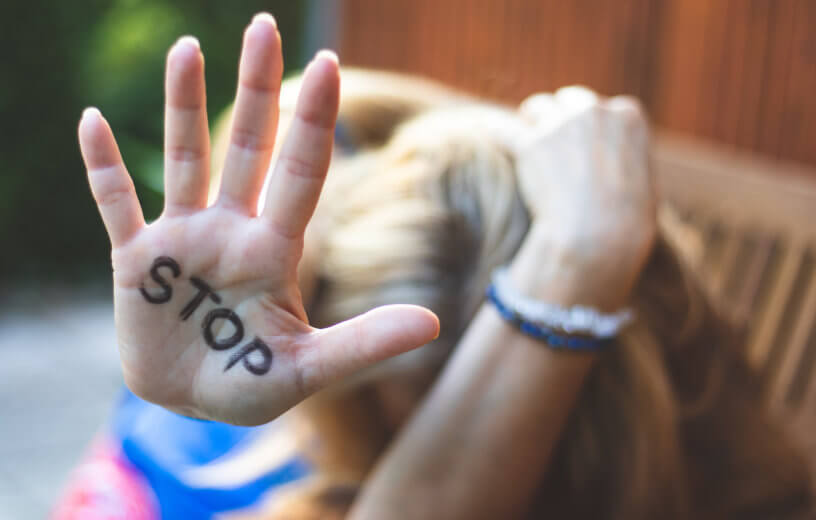MELBOURNE, Australia — While modern society may have a new name for sexist attitudes and behavior towards women (toxic masculinity), a new study finds some of the causes remain generally the same. Researchers in Australia say the combination of alcohol consumption and bigotry is fueling a rise in domestic violence cases around the globe.
Study authors note there has been a long connection between drinking and the increased likelihood of men being violent towards their wives or girlfriends. The new report, appearing in the journal Addiction, suggests that the relationship between binge drinking and violence also has a link to the man’s overall attitude toward women’s equality.
More toxic masculinity in low-income nations?
The study of men in low and middle-income countries reveals heavy drinkers were more likely to commit violence against their spouse or partner if they also held sexist attitudes about women. The research team emphasizes that male violence against women is a global problem. However, they add the interaction of heavy drinking, sexism, and male violence is “particularly important” to understand in low and middle-income countries — where heavy drinking among males, inequitable attitudes toward women, and domestic violence rates are all higher than in high-income countries.
Study authors examined data from over 9,000 men between 18 and 49 years-old in seven countries: Bangladesh, Cambodia, China, Indonesia, Papua New Guinea, Sri Lanka, and Timor Leste. Those who reported having six or more drinks in one session on a monthly basis were defined as regular heavy episodic drinkers.
The team scored gender attitudes using the Gender-Equitable Men (GEM) scale, which measures attitudes toward gender norms related to sexual health, sexual relations, violence, domestic work, and homophobia. Overall, 13 percent of the men interviewed reported committing physical or sexual intimate partner violence (IPV) in the previous 12 months. According to the findings, both binge drinking and lower gender-equitable attitudes independently increased incidents of IPV.
Drinking and bigotry form a dangerous pair for women
The odds of men reporting IPV was also 3.42 times greater for regular heavy episodic drinkers than for abstainers. Moreover, every point decrease in gender equitability attitude on the GEM scale had a link to a seven percent increase in the odds of committing IPV.
Researchers say that regular heavy episodic drinking and lower gender-equitable attitudes combined to form an association with IPV “over and above” the relationship of either factor on its own.
“This interaction suggests that traditional gender norms, which we already know increase the risk of IPV victimization, may be particularly dangerous when combined with binge drinking,” study lead author Dr. Anne-Marie Laslett from La Trobe University says in a media release.
“To address the problem of intimate partner violence everywhere, but especially in low and middle income countries, we will need to tackle both entrenched inequitable attitudes toward women and risky alcohol consumption.”
SWNS writer Stephen Beech contributed to this report.
